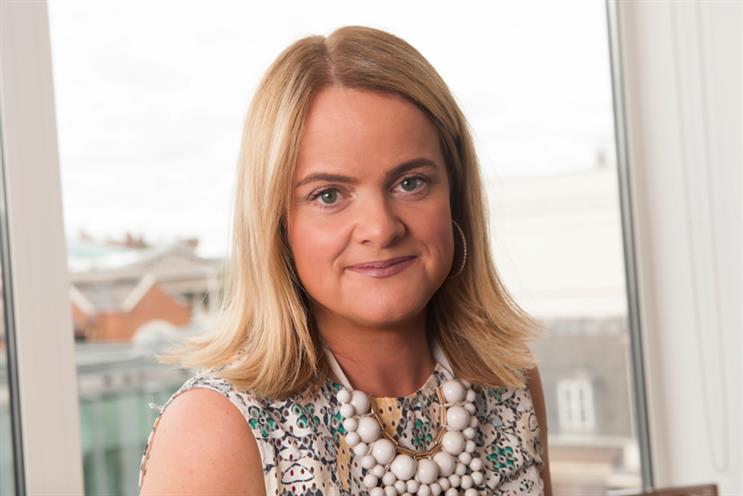Today (Tuesday 15th) at 10.59am was an historic moment for radio, and hopefully for the wider society. In a media first, we bought together commercial radio stations and the BBC to raise awareness of mental health.
For one minute, stations all over the UK from national networks, such as those run by Global, Bauer or Wireless, to smaller local stations and community stations, came together with the BBC’s Radio 1, Radio 2 and Five Live, to play a message telling people it’s OK to talk about mental health. Among others it featured the voices of Their Royal Highnesses the Duke of Cambridge and Prince Harry who have done much to help raise awareness of this issue.
Led by Radiocentre and The Radio Academy, the Mental Health Minute initiative was supported by The Royal Foundation’s Heads Together and coincides with Mental Health Awareness Week. Heads Together launched in 2017 in order to change the national conversation on mental health and tackle the stigma that prevents people from getting the help they need.
Radio is a great outlet to highlight these issues, as it’s unique in being both intimate and yet part of a shared experience. As well as providing companionship and fun, radio really can be an important lifeline for listeners, helping people to cope with loneliness and to stay in touch with what’s happening in the world.
The power of listening
Over 300 stations took part in the Mental Health Minute, broadcasting to one of radio’s biggest collective audiences with an average listenership of 20 million people. This highlights the incredible power of working together in a medium that plays a key role in the national debate.
Along with the Royals, other famous voices involved in the campaign include athlete Dame Jessica Ennis-Hill, actors Dame Judi Dench and David Harewood and singer Lady Gaga - this wide range of voices was to show that mental health affects us all.
After all, everyone knows what it’s like to feel stressed, especially at work. In fact, work is one of the biggest causes of stress in people’s lives. Becoming overwhelmed by stress may lead to mental health problems or make existing problems worse and that’s before you get to the physical problems like heart disease, insomnia, compromised immune systems and digestive issues.
A survey by The Mental Health Foundation released yesterday found that 74% of UK adults have felt so stressed at some point over the last year that they felt overwhelmed or unable to cope and 32% of adults said they had even had suicidal feelings because of stress.
Advertising’s elephant in the room
Mental health is of particular concern in our industry - advertising. Research by NABS in association with Mind found that over a third of respondents said their mental health had been poor or very poor over the previous 12 months. Over a quarter reported having a long-term mental health condition. But only half said they would feel comfortable talking to their manager if their work was having an impact on their mental health.
Bauer, which owns brands such as KISS, Absolute and Grazia, has launched a petition calling on the government to make it a requirement for every workplace or college to have a mental health work aider in the UK – equal to the legal requirement for a physical first-aider. What a great idea. It’s time that we all started looking after ourselves and our colleagues when it comes to mental health and learn to talk more openly about it. There really shouldn’t be any stigma surrounding mental health and the media and advertising industries are well placed to lead national conversations about it - something the Mental Health Minute has hopefully started.
Lucy Barrett is client director of Radiocentre


